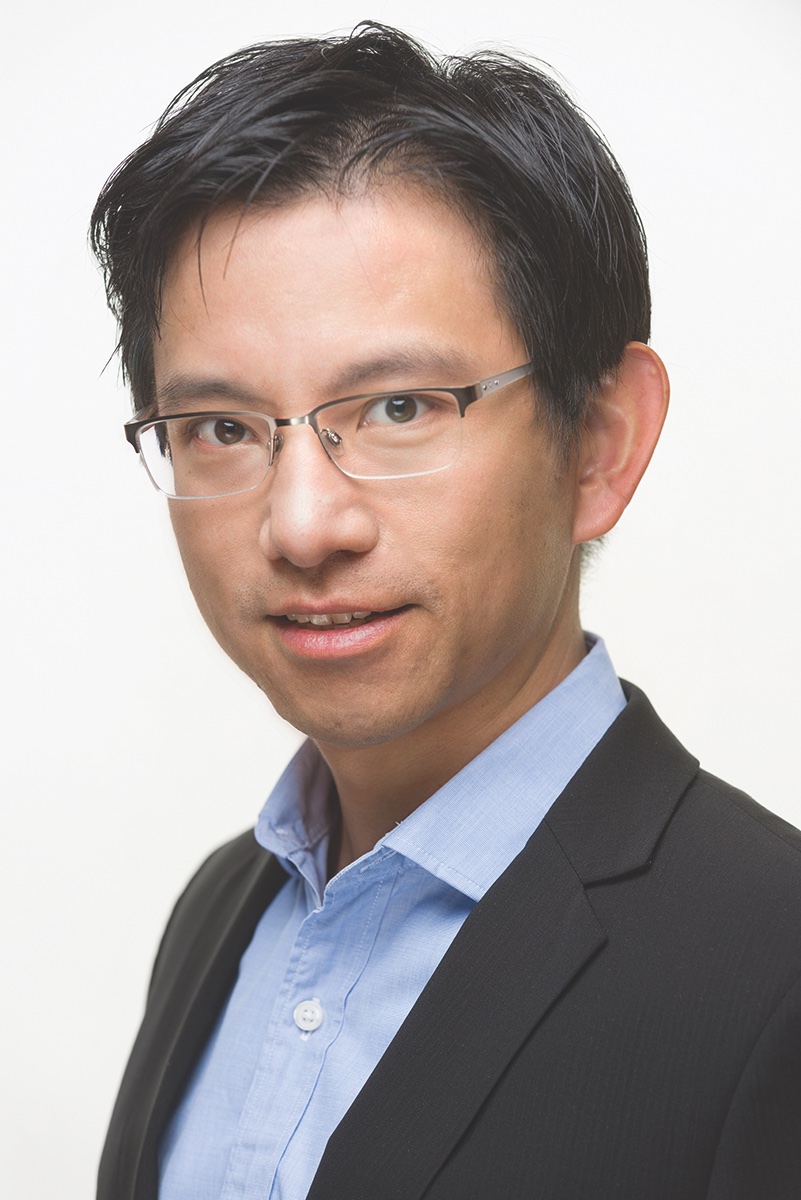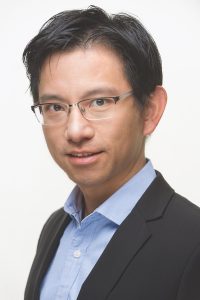“An Interdisciplinary Approach to Advance Quantum Science and Technology”
Friday, March 1 at 1:00pm
LAR 234
Add to Calendar
Abstract
Quantum science and technology hold the promise to deepen our understanding of the universe and deliver groundbreaking technical innovations. The opportunity also poses a grand challenge to today’s scientists and engineers because initializing, controlling, manipulating, and measuring quantum information while maintaining coherence and entanglement can be very difficult. Therefore, successfully achieving breakthroughs will require an interdisciplinary approach that leverages resources from various disciplines to forge new pathways that cannot be defined by a singular field of study.
In this colloquium, I will share my interdisciplinary adventure through quantum material and quantum device landscapes. We will start from the study of fundamental characteristics of Dirac and topological materials, discussing first how their remarkable properties manifest in Josephson junctions. We will then focus on the material physics we can exploit to invent single-photon detectors, which can operate as optical interconnects for cryogenic computing, probe the quantum state of the photon, and contribute to the search for dark matter axions. We will further explore how to utilize the novel properties of two-dimensional van der Waals materials to miniaturize qubits and develop quantum-noise-limited amplifiers. And finally, we will turn around to apply what we have learned from quantum sensing to study electron hydrodynamics and the pairing symmetry of novel superconductivities, including magic-angle-twisted graphene and topological Weyl superconductors. We will end by elucidating how to harness the kinetic inductance of these novel superconductors for future flight-missions to explore planetary science and the origins of life.
Biography
Dr. Kin Chung Fong is a Senior Scientist at Raytheon BBN (Cambridge, MA) and a Research Associate in the Physics Department at Harvard University. His interdisciplinary research focuses on quantum materials and their applications including novel high-sensitivity quantum detectors operating at single-photon regime, quantum-noise limited amplifiers, and superconducting qubits. KC also studies how to exploit these quantum sensors to investigate the hydrodynamic physics in the nearly perfect fluid, reveal the pairing symmetry of novel superconductors, search for the dark matter axion, and explore the origins of life from the early universe. The material platforms of his experiments include, but not limited to, graphene, two-dimensional Van der Waals heterostructures, Dirac and Weyl semimetals, and topological materials. In addition to his substantial publications in high-impact peer-reviewed journals, e.g., Nature, Science, and Physics Review series, he is also a prolific inventor with >10 granted patents. His innovation has been recognized with the “Invent Here” award in 2021 by the Boston Patent Law Association, as well as the Raytheon Intelligence & Space Innovators Award, which he received twice in 2020 and again in 2022. KC received his PhD from Ohio State University and served his postdocs at Max Planck Institute for Quantum Optics and Caltech.


